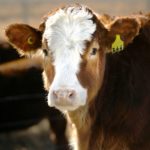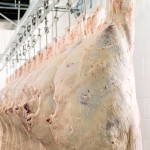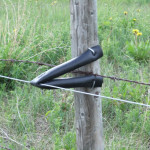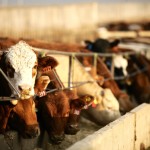Antibiotics are a tremendously valuable tool in livestock production. For example, at this time of year, groups of lightweight, freshly weaned, shrunk-out calves with an unknown vaccination or nutritional history arriving at a feedlot after being transported long distances from pre-sort sales in cool, wet, fall weather are likely candidates for bovine respiratory disease (BRD). […] Read more














